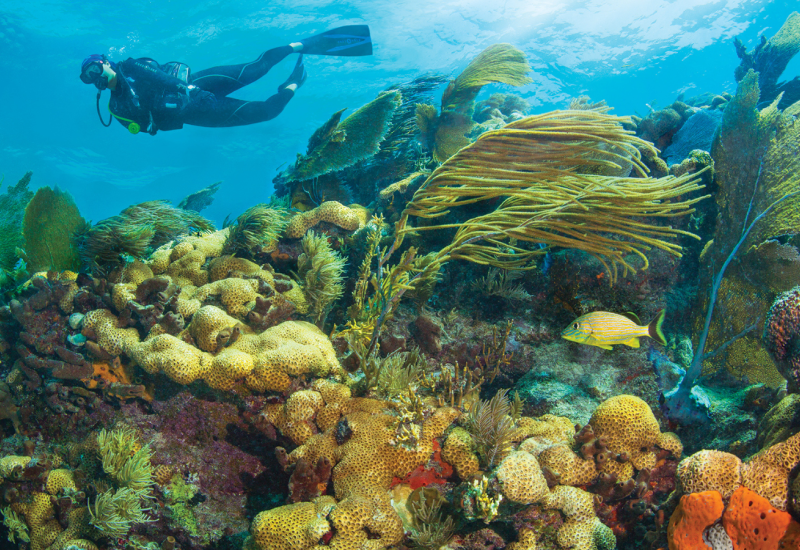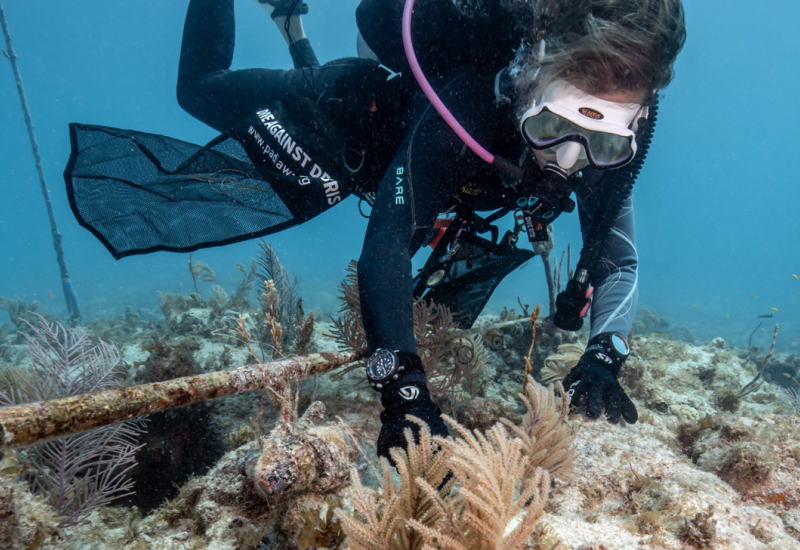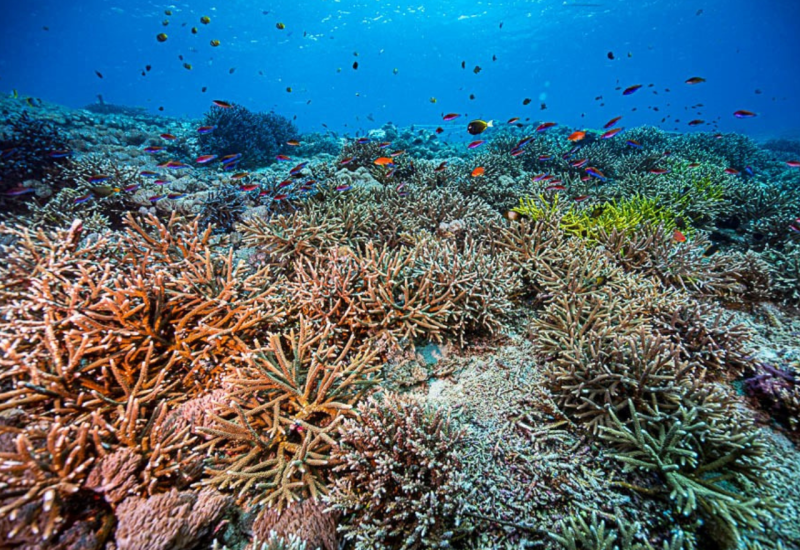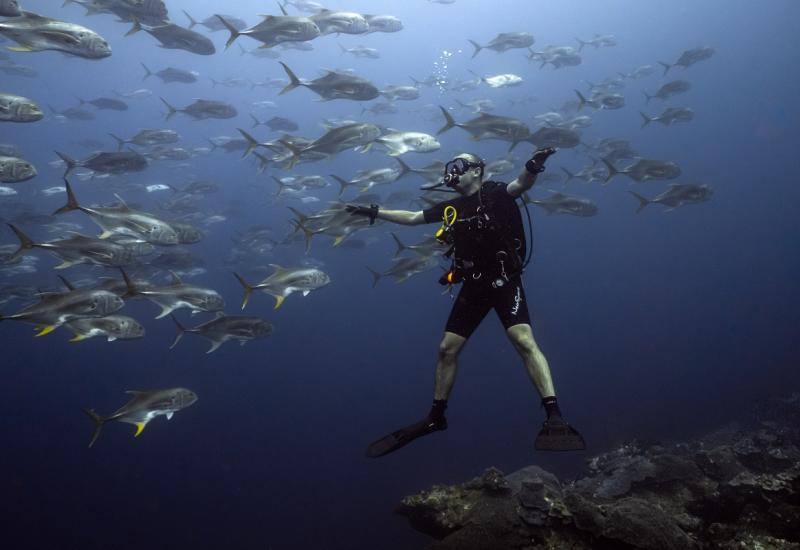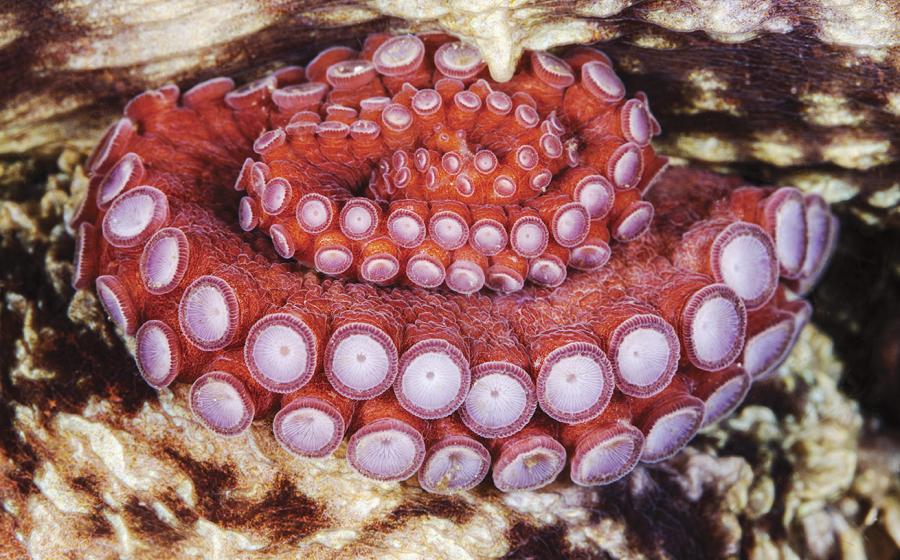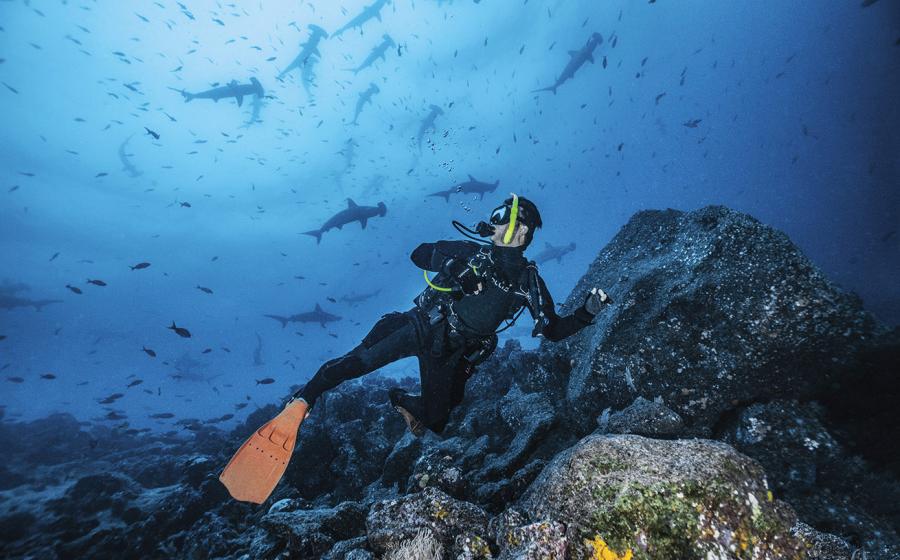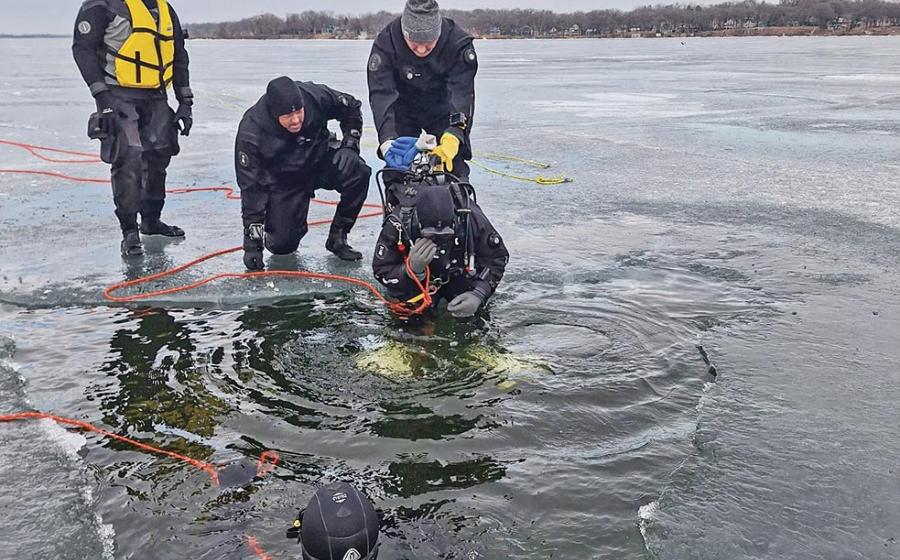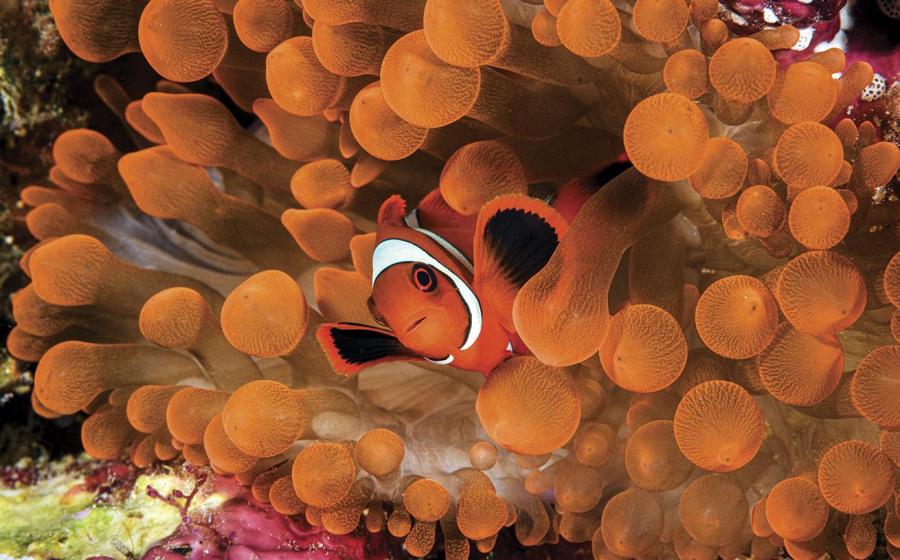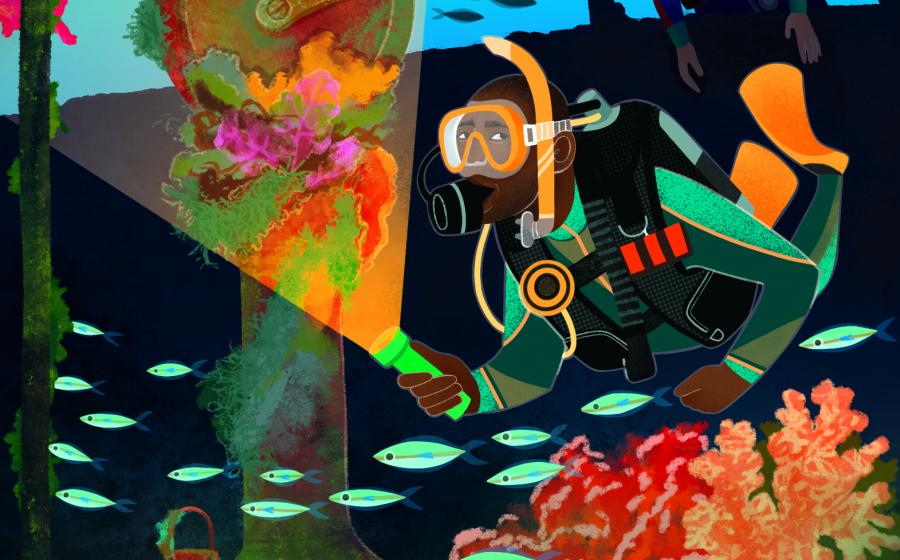Furloughed Tourism Workers Given Jobs in Ocean Conservation
Travel bans in place due to COVID-19 are spelling disaster for the tourism industry, but furloughed hospitality workers from Cempedak and Nikoi private islands in Indonesia are being given a new opportunity to fill their downtime and their wallets thanks to Singapore-based conservation company Seven Clean Seas.
“We saw an opportunity to offer them employment and give them an extra bit of income at the same rate, plus a bonus day rate,” Tom Peacock-Nazil, Seven Clean Seas’ CEO and co-founder, tells Web In Travel. “So they’re actually earning more money for this one day a week than they were earning on one day previously.”
Seven Clean Seas holds beach cleanups, hosts local educational activities and talks, and works with companies to achieve plastic neutrality. So far, the company has employed about 20 workers from Nikoi and Cempedak to clean up beaches in a marine protected area on the east coast of Bintan. However, they have many more people wanting conservation jobs than they are able to hire.
At the moment, Seven Clean Seas is using its own capital to fund this new employment initiative. But in order to turn short-term jobs into long-term stability, the company is seeking corporate sponsorships.
“We can’t say, ‘Here’s a job for a month, and then you don’t have a job next month,’” Peacock-Nazil says. “We’re talking to some big businesses about funding multiple teams.”
Seven Clean Seas started as a grassroots volunteering initiative to clean up Singapore coastlines. The organization grew from just a few dedicated participants to groups of 600 people willing to tackle the problem of plastic pollution. To date, Seven Clean Seas has cleared more than 132,000 pounds of trash from Singapore and Indonesia beaches.
The organization is currently working on expanding a “plastic credits” program in which companies would fund plastic clean-up technology to offset the amount of plastic they use per year.
“Companies have to use a certain amount of plastic, but if they want to be responsible, they can commission Seven Clean Seas to recover that same quantity of plastic from the ocean,” Peacock-Nazil says. “They can then be plastic neutral for that particular year.”
With an increasing public awareness of plastic pollution, Peacock-Nazil believes “it’s a new industry in the making.”

